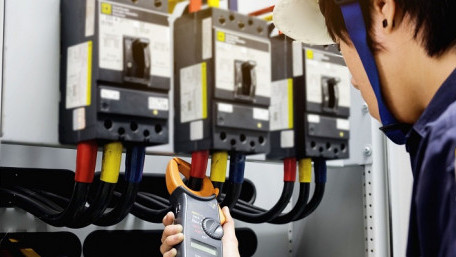
The diverse power terms in electrical generation systems include active, reactive, and apparent power, all of which lead to the introduction of ‘power…
The diverse power terms in electrical generation systems include active, reactive, and apparent power, all of which lead to the introduction of ‘power factor’ effectiveness in an AC circuit.
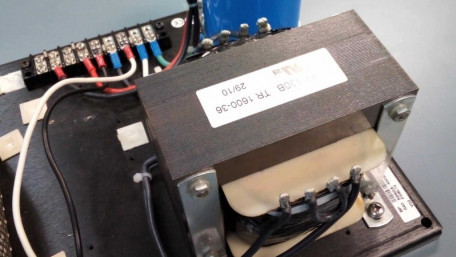
Grounding transformer connections presents its own set of challenges. This article addresses these challenges and several…
Grounding transformer connections presents its own set of challenges. This article addresses these challenges and several common configurations for control transformer grounding.
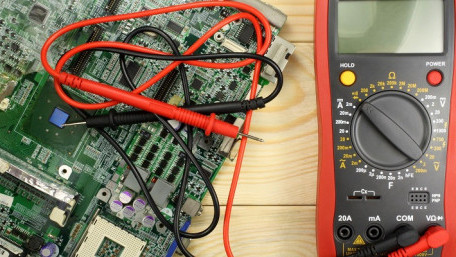
Today’s digital multimeters (DMMs) are inexpensive, accurate, and easy to use, but sometimes a problem with the circuit…
Today’s digital multimeters (DMMs) are inexpensive, accurate, and easy to use, but sometimes a problem with the circuit or the measurement can cause incorrect readings. Learn to interpret and fix these problems.

Learn about power side and ground side switching and how designing these circuits to have predictable failures from the…
Learn about power side and ground side switching and how designing these circuits to have predictable failures from the beginning helps in system maintenance and troubleshooting.
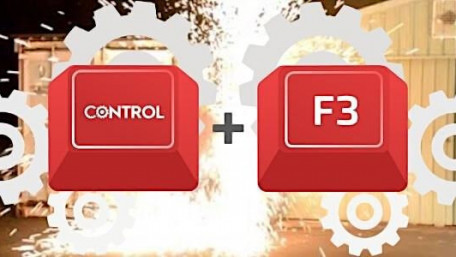
The CTRL F3 series reviews field studies and failures in the field focused on control fails, fixes, and facts. This…
The CTRL F3 series reviews field studies and failures in the field focused on control fails, fixes, and facts. This article covers an explosion at an industrial sawmill.
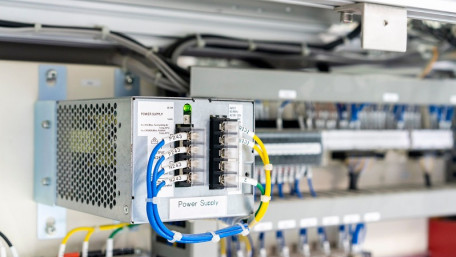
DC voltage systems exist to provide controllers and field devices with stable power, but it is not always clear when…
DC voltage systems exist to provide controllers and field devices with stable power, but it is not always clear when these systems should be bonded with the earth ground of the AC line voltage supply.
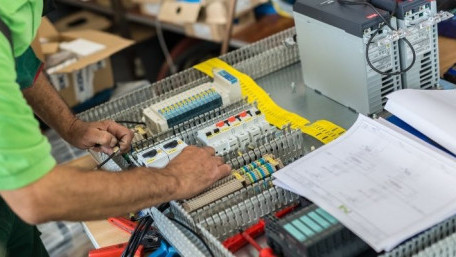
Power supplies tend to get a reputation as one of the most important power considerations of a DC control circuit - but…
Power supplies tend to get a reputation as one of the most important power considerations of a DC control circuit - but we can’t ignore other key players: power filters, converters, and backup power modules.

In honor of May the 4th, Star Wars Day, we compare the sources and applications of the two most common force-delivery…
In honor of May the 4th, Star Wars Day, we compare the sources and applications of the two most common force-delivery systems - mechanical and hydraulic.
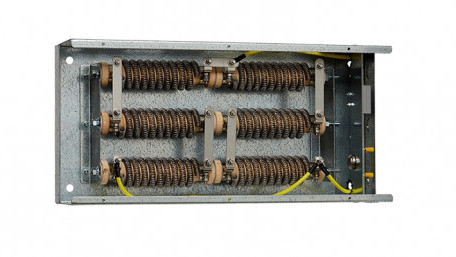
Large DC and AC motor drives often provide terminals for installing a braking resistor. What are these resistors, and how…
Large DC and AC motor drives often provide terminals for installing a braking resistor. What are these resistors, and how do they slow down a machine? What hazards and cautions must be considered?
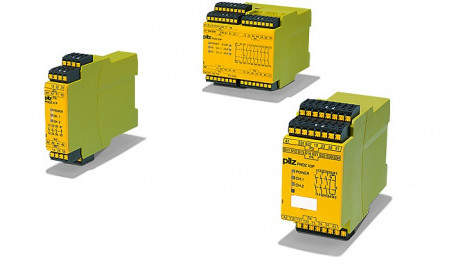
Redundancy and safety are often seen together in industrial safety systems. Safety relays monitor emergency devices to…
Redundancy and safety are often seen together in industrial safety systems. Safety relays monitor emergency devices to switch contacts based on status - but what makes them different from normal relays?
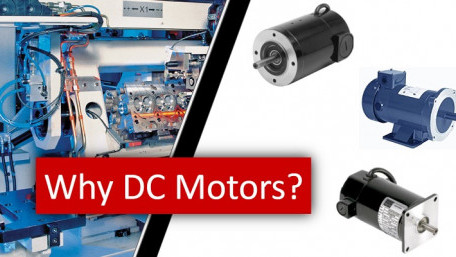
AC motors are common throughout industry - easily controlled by VFDs and without the maintenance that comes with DC…
AC motors are common throughout industry - easily controlled by VFDs and without the maintenance that comes with DC brushes. So then, why are DC motors still used in certain applications?
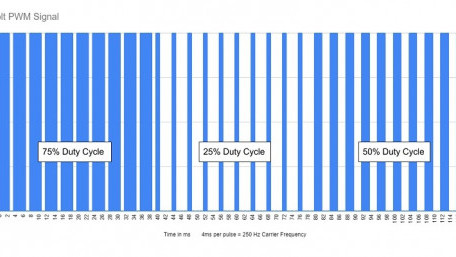
Power delivered to devices can be changed by raising or lowering the voltage and current. But this method does not always…
Power delivered to devices can be changed by raising or lowering the voltage and current. But this method does not always produce intended results. Pulse width modulation (or PWM) can be used to better control variable loads.
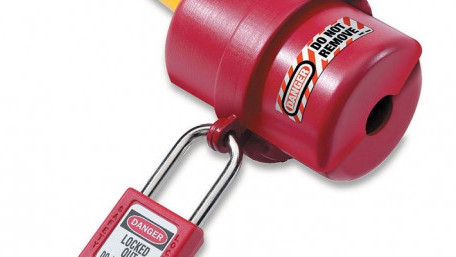
One of the most visible elements of industrial safety is the use of lock-out-tag-out (LOTO) devices, familiar to those…
One of the most visible elements of industrial safety is the use of lock-out-tag-out (LOTO) devices, familiar to those with experience. But, if you are new to the workforce, a brief introduction may be helpful.
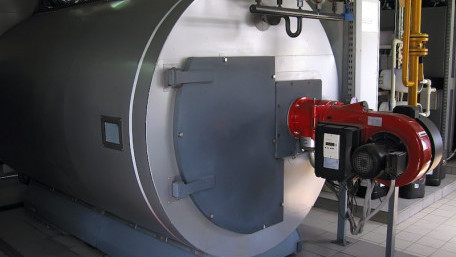
Safety is of utmost importance in the day-to-day operations of any system, especially a system where humans and machines…
Safety is of utmost importance in the day-to-day operations of any system, especially a system where humans and machines work together. Learn all about Safety Instrumented Systems and what it takes to keep workers safe, and the system running smoothly!
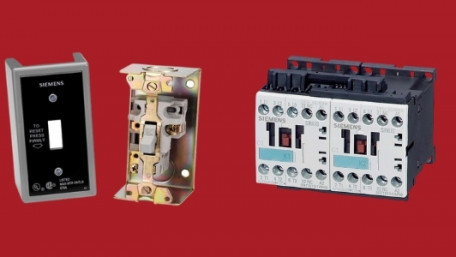
Motors drive all sorts of processes in a facility. Depending on the application, which motor starter is best suited for…
Motors drive all sorts of processes in a facility. Depending on the application, which motor starter is best suited for your needs?
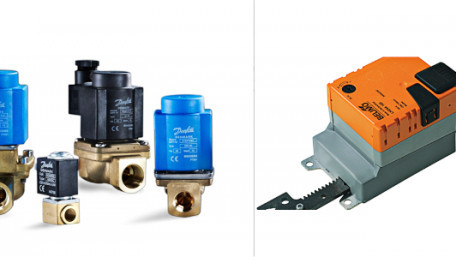
Solenoids and linear actuators provide similar movements in industrial applications. What are the main similarities and…
Solenoids and linear actuators provide similar movements in industrial applications. What are the main similarities and differences, and how are they each used?
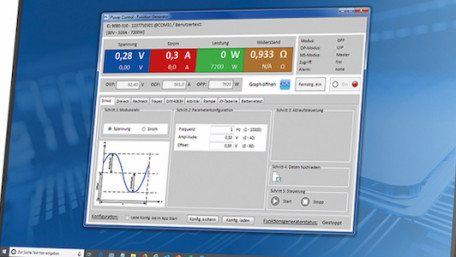
New control technology requires new interfaces. How can you implement fuel cell hardware-in-the-loop (HIL) simulations…
New control technology requires new interfaces. How can you implement fuel cell hardware-in-the-loop (HIL) simulations using an HMI?

Learn about the different types of industrial remote monitoring and some of the various remote monitoring processes used…
Learn about the different types of industrial remote monitoring and some of the various remote monitoring processes used in industry.
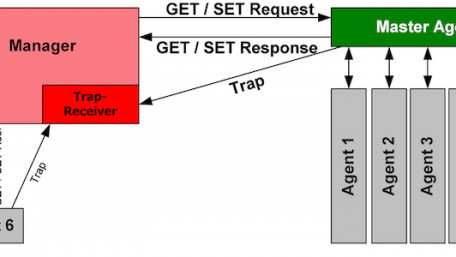
This article discusses common implementations of UPS in control systems and important design considerations.
This article discusses common implementations of UPS in control systems and important design considerations.
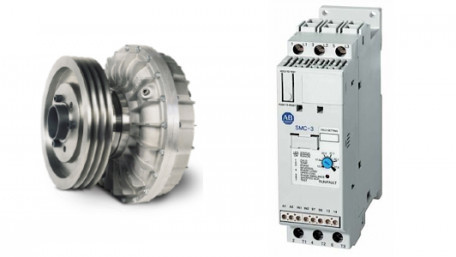
Learn about the different types of electrical and mechanical soft-start methods as well as devices to use for each method.
Learn about the different types of electrical and mechanical soft-start methods as well as devices to use for each method.
